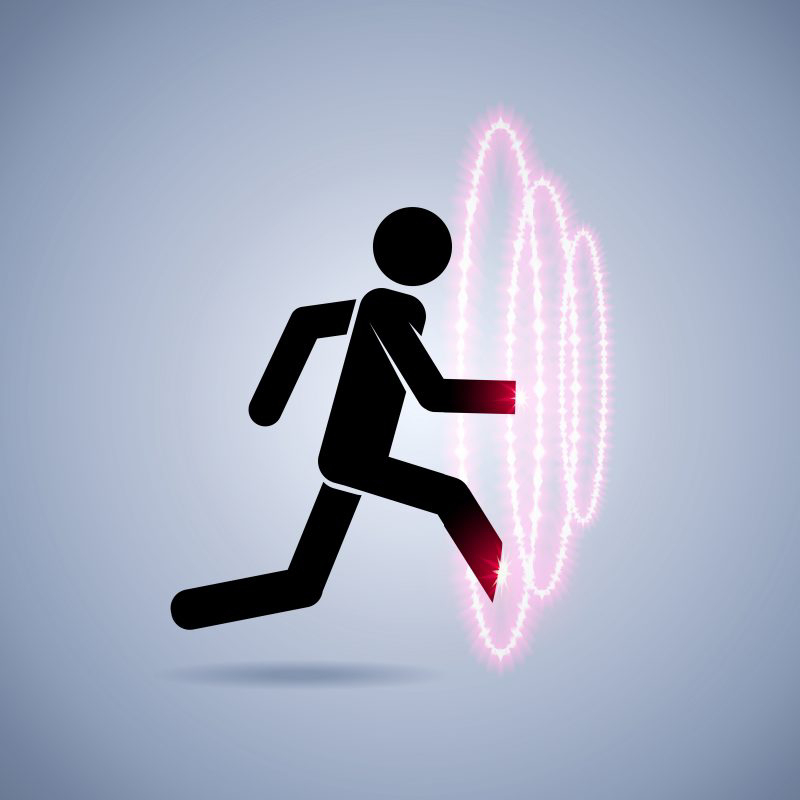You are the art of the almighty, Stay positive always and devine responsive always. 😄
You are not the problem, You are the Solution.
You are where you are right now in life because of what has gone into your mind.'' From this first sentence of Andy Holligan's You Are The Problem, You Are The Solution, the author encourages each of us to take responsibility for what we allow to influence us and offers hope to those interested and willing to change their lives for the better.
Holligan explores the connection between the subconscious mind and self-esteem before expanding his focus to consider the effects of both positive and negative emotions. Outside influences, including media, are also examined, and the reader finds practical, results-oriented advice on controlling what we allow to shape our lives. Emphasizing the importance of visualization and a positive mental attitude, Holligan reminds us that God created each individual without setting limits on what we can achieve. Our limitations are self-imposed - and we can also remove these barriers and free ourselves to achieve the success.
🤫 I hope I give this as much thought as it deserves.Some people want to pretend that they do (or try to do) a little something for everyone in need. They don't, of course, but it makes them feel good to think that they are trying.Some people have trouble prioritizing (or even seeing the need for prioritizing). These are the people -- and I have literally (and I mean that literally) heard them say this -- who say, "If this can save just one life it's worth the cost." That is a lovely sentiment as long as cost is never a problem. Otherwise, one might want to realize that spending megabucks on a (drug, procedure, device) to save one life, rather than spending those same megabucks to do something that would save thousands of lives, such as removing the cause of malaria or providing clean drinking water might not be the best use of resources. So maybe it's not the best idea to "save just one life" if it is done at the cost of thousands of lives.I don't give money to every charity that knocks on my door or sends me a request. I can't afford it. I pick my causes and give to them, and I just have to say, "There is no question your cause is worthwhile, but I have exhausted my donation budget. I'm sorry,"So, in those instances I've summarized, I am sometimes not a part of the solution. And, like you, I don't think that makes me part of the problem.On the other hand, if someone is making racist, chauvinistic, or homobigoted comments, and I say nothing, then I am certainly not part of the solution, and -- at least by implication -- I have become part of the problem, because I have let a bigot get away with bigotry.One of the problems with using a catch phrase such as the one in this question is that as soon as you take it out of its intended context, it may change meaning or become nothing more than a metaphor.The statement, "If you are not a part of the solution, you are a part of the problem" comes from the context of managing change. Even there, while it is apropos, it is not entirely accurate.Try to stay out of arguments that involve using slogans as if they were laws.
Some people think in clearly cut “black and white” terms, but reality includes shades of gray at times. If it were true that being absent from the solution makes one a part of the problem, it would be morally right to exhaust ourselves and every available resource to resolve the problems of the world.
As it happens, we are not meant to exhaust ourselves solving the world’s problems. It’s physically impossible for each of us to attend to every issue that comes to our attention—some of which we have little to no control over in the first place.
In the past year, I’ve heard people say that those of us who remain “out of the way” of particular issues are complicit in the actions of those causing the issues. Mantras such as “silence is violence” sound clever, but make no logical sense, and fail to prove true when examined.
There are times when a lack of commitment involvement does contribute to making an issue worse, but every example I could think of was in a specific context. For example, if you choose to remain home when a fire threatens your property, you contribute to the problems of rescue workers who are obligated by their ethics and occupation to save you from danger.
By choosing to neither help nor hinder against the fire threatening your property, you create greater issues to contend with, but as I said, that’s one of thousands of examples I could point to where inaction becomes a part of the problem. As a general rule, staying “on the sidelines” and out of the way of those involved in conflicts does not exacerbate nor resolve a problem.
We all know our problems exist, but is there a reason you haven’t found a solution to? Living with a problem is not a solution. A lot of our problems are caused by wrong actions, words, associations and decisions. We focus so much on a problem we don’t realise that our entire focus is the problem, not the solution. Dr David Lincoln, Master NLP practitioner told me, “the problem doesn’t exist without you, because if you take yourself out of the situation, the problem ceases… so that means you are the problem.” So first things first, stop blaming others. You got yourself into the issue, you can get out yourself. Hence, whatever you wish to change in your life, make a change within you. It may mean changing your goals, your mind-set and putting in place a course of action in which you steer your ship out of stormy waters. There is always a solution from the most basic to the complex issues. If you put too much salt while cooking, add a potato, but if you spill red wine you should douse it with salt. The cause of a problem in one situation is a solution in another. The person who is a pain in the butt to you, is a hero in the life of someone else. So the ingredient or person isn’t the problem. The situation is. Your expectations are. Your equation is. And it’s always about being proactive and not complacent. If something or someone matters to you, you will stop complaining, fight the fear and find a solution and not pity yourself, because there is a solution to every problem, you just have to find it, implement it and do away with it. And if it’s not worth the effort, then why be bothered about it in the first place?








Comments
Post a Comment